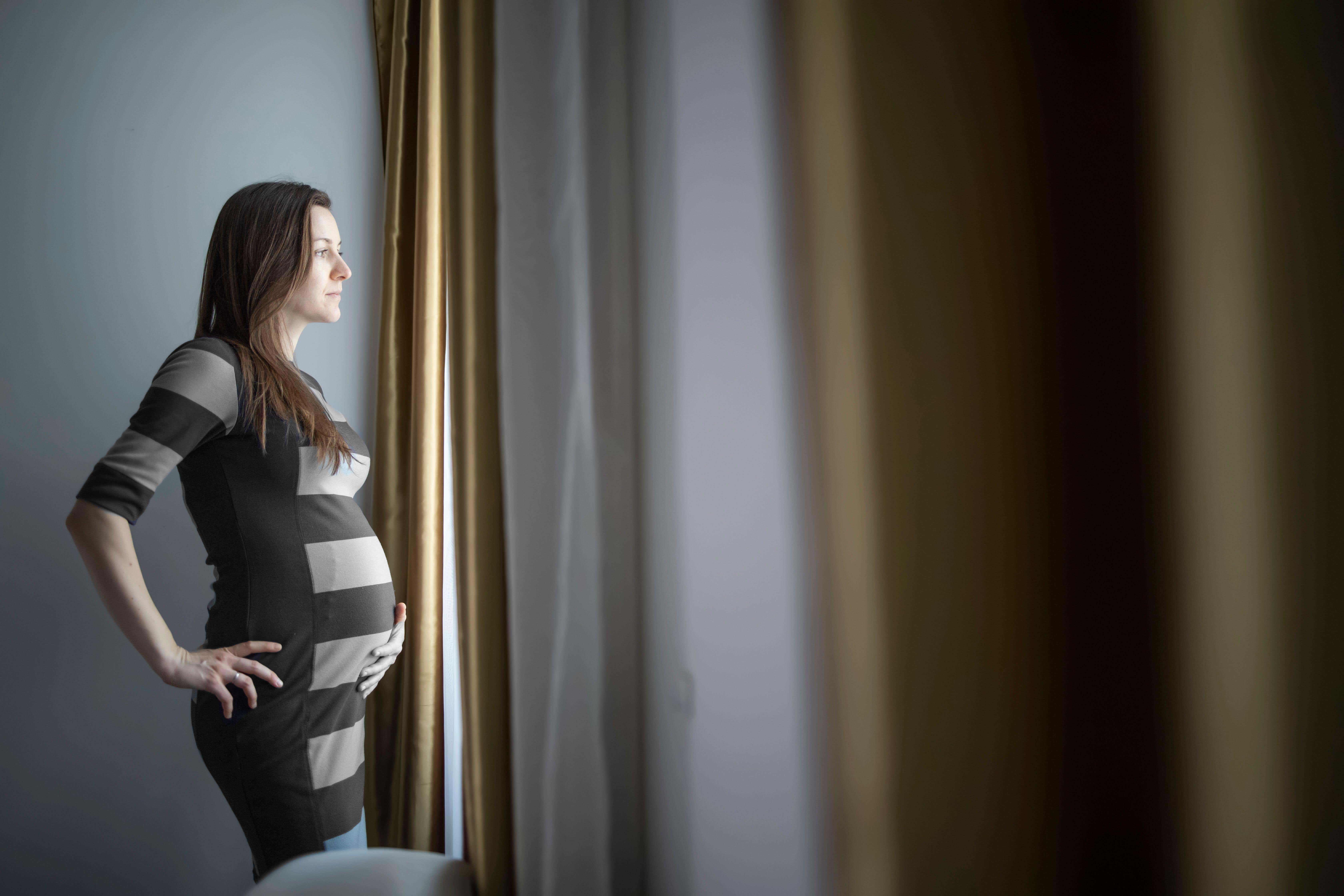Nearly three-quarters of mothers feel invisible, study suggests
Instead of ‘having it all’, 72% of mums feel invisible and 93% feel unappreciated, according to a study by the Peanut motherhood app.

Most women feel ‘invisible’ and ‘unappreciated’ when they become mothers, new research has revealed.
Instead of ‘having it all’, 72% of mums feel invisible and 93% feel unappreciated, unacknowledged or unseen once they’ve had children. Another 93% said that since having a child, their identity has been reduced to only being a mother.
And the weight of expectation is huge, too, with 97% of mums questioned in the survey by the online motherhood community Peanut saying pressure is put on them to ‘do it all and be it all’. Plus, 94% believe they’re expected to put themselves last and self-sacrifice for their families, partners, jobs, and other responsibilities, so they can achieve what they feel is required of them.
Nearly half of mums (46%) said they don’t feel supported by the healthcare system after giving birth, and 70% expected more support from society in general.
As a result of this lack of support and invisibility, most women surveyed (95%) agreed there’s an impact on their mental health and wellbeing, with 86% having experienced anxiety, 82% feeling stressed, burned out or exhausted, and 80% feeling overwhelmed, or lonely and isolated.
Other strong feelings identified by mums included irritability (78%), loss of identity (65%), feeling judged (66%), feeling unsupported (64%), guilt (63%), depression (55%), resentment (54%), worthlessness (50%), and neglect (24%).
Women attributed the things making them feel invisible to unfair division of labour in the home, trying to juggle a career and childcare, lack of empathy and understanding from both family and everyone else, gaps in healthcare and mental health support, identity and independence struggles, hiding the pain of pregnancy loss, and general pressure from healthcare, education institutions and the media.
Commenting on the findings, psychologist Dr Rachel Goldman said: “The invisibility of motherhood is a stark reality many face. The journey begins with frequent visits to healthcare providers, but once the child arrives, there’s a sudden gap, creating a sense of abandonment. Women grapple with overwhelming feelings of exhaustion and stress, only to confront rushed appointments where healthcare professionals don’t have time to adequately dive into concerns.”
As a result of the research, Peanut has launched an Invisible Mothers campaign, featuring a State of Invisibility report, to draw attention to mums’ struggles and highlight ways to make them more visible and better supported.
The report found mums think more empathy and gender equality will help them feel more visible, with 82% calling for flexible, family-friendly workplaces, 77% wanting equal and extended leave for both parents, and 71% saying an equal share of parenting tasks would help.
Additional measures that will help mums, says Peanut, include more public toilets having changing facilities, additional resources for mental health support, support groups for both parents, and educational initiatives about gender stereotypes.
The report also identified the most common unwanted questions that contribute to mothers’ feelings of invisibility, with alternative suggestions that women say they would prefer to hear. So instead of asking ‘How’s the baby?’, Peanut suggests mums are asked ‘How are you really – mentally, emotionally and physically?’, and rather than ‘Was the pregnancy planned?’, try ‘Are you excited?’, and change ‘How do you do it all?’ to ‘How’s the mental load?’.
Goldman added: “It doesn’t take grand gestures to offer support. A genuine ‘how are you’ or ‘thinking of you’ can significantly shift perceptions, signalling to someone that they matter. Small changes or actions, like compassionate conversations, can have profound impacts.
“By acknowledging and addressing these issues, we can begin to truly support motherhood.”
Bookmark popover
Removed from bookmarks